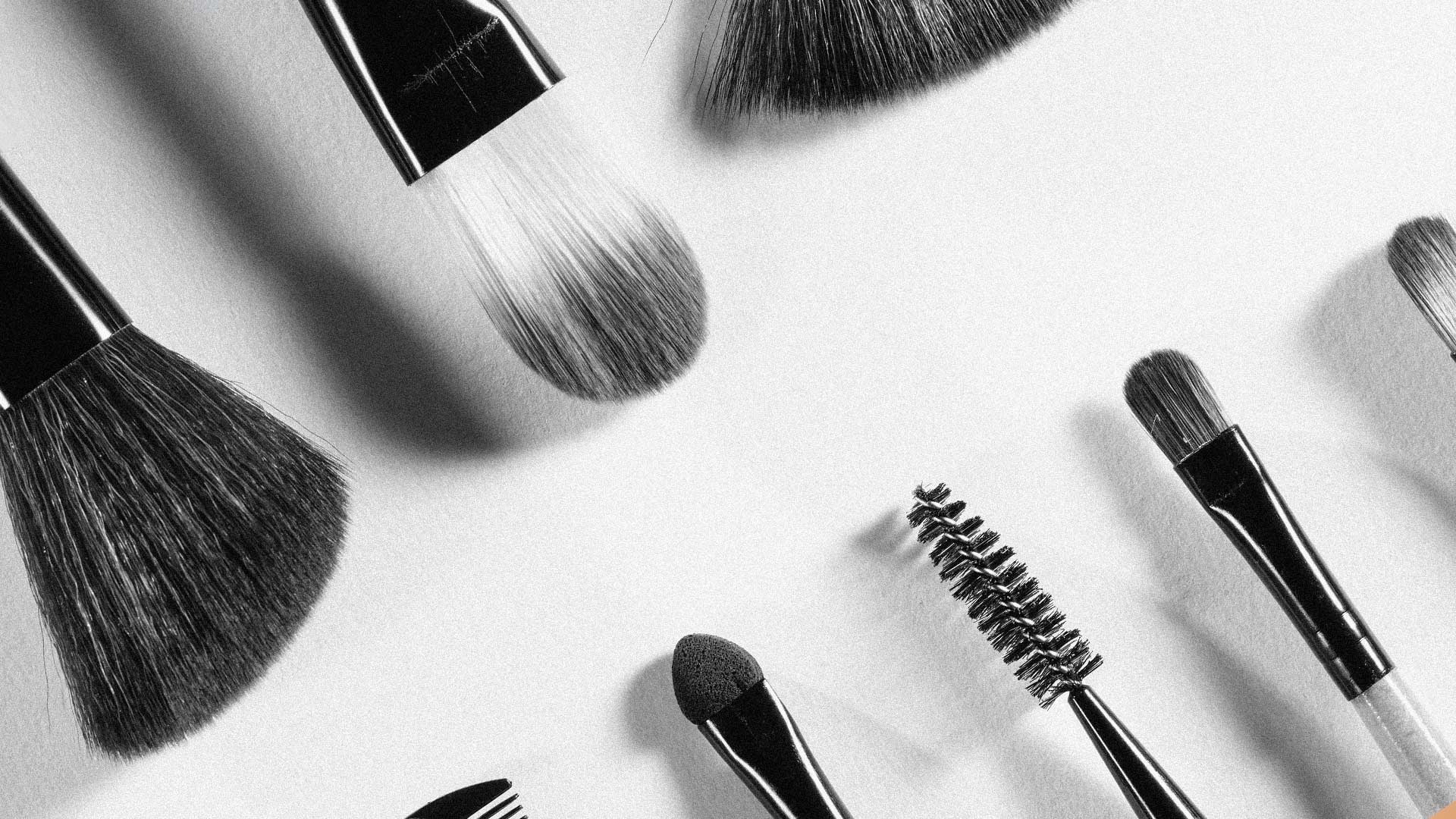How to clean makeup brushes: we give you directions and spill the dirty truth
Do you know how to clean make-up brushes correctly? Don't worry, the last time you cleaned yours can stay your dirty little secret.

Most of us know that we need to clean our make-up brushes. However, it's a tedious process and honestly, the kind of thing that is easily put off to be done later. Unfortunately, all too often, later never seems to come and it just never gets done. Even those of us who do eventually get around to it usually don't do it nearly often enough. There are also a lot of conflicting tips, tricks, and ideas about how to clean make-up brushes properly.
The truth is you could be using only the best non-comedogenic foundations, but if you're not washing your brushes often enough or correctly, you'll keep getting clogged pores, acne, and blackheads anyway from the bacteria that grow on them. Foundation and concealer brushes tend to be especially easy breeding grounds for nasty microorganisms to grow. Let's go over when and how to clean make-up brushes to spare us all the torment – and the ick factor – of using dirty ones.
How often should you clean your make-up brushes?
Nobody has time to shampoo their brushes every day. Luckily, you don't have to. As long as you wipe your brushes on a clean towel after every use, you can use an alcohol-based spray cleaner every week or two to clean and disinfect them quickly. As a bonus, the alcohol will help them dry quickly, too. If you keep up with that routine, giving them a real shampoo monthly should be enough. If you still have breakouts, get an infection, or have allergies, you may need to cleanse them more often to avoid irritation.
How to clean make-up brushes the right way
If you still think you'll be fine if you don't clean your make-up brushes, consider the possible consequences of not cleaning them well enough. It was reported that one woman believes that she was paralyzed by using a friend's dirty make-up brush so, believe it or not, sometimes, makeup brush hygiene can be a matter of life or death. To keep yourself safe – and keep your face clear – take these expert tips and give your brushes a pro-level cleaning.
Alcohol-based spray cleanser
Dampen the brush with the spray, spraying down toward the tip of the bristles so no spray gets into the base and loosens the glue. Use a clean microfiber towel to gently wipe the brush off. For rounded and dome brushes, you can swirl them. However, flat brushes should be swept from side to side. Don't use paper towels as they can leave fibers on the brushes. Repeat the process of dampening and wiping it off until nothing comes off on the towel.
Deep cleansing shampoo wash
There are a ton of specialty make-up brush cleansers to choose from, but there are also a few other options if you don't want to use those. You can use baby shampoo, a gentle detergent like Woolite, or a gentle facial cleanser. You can also use dish soap if your brushes are synthetic. Using olive oil or vinegar isn't recommended by experts. These options should accommodate every budget. Whichever cleanser you choose, the technique is basically the same.
Wet the brush with lukewarm water. Again, be careful not to get any liquid near the glue at the base of the bristles. Then, put a drop of the cleanser in your palm – a little usually goes a long way – and gently lather the brush by swirling or sweeping (depending on the shape) until it's clean. You can also use a cleansing mat or glove with bumps and grooves designed to help gently break up dirt and make-up. Gently press the bristles to remove any surplus cleanser and water before rinsing them, with the brush angled downward.
How best to dry your make-up brushes
Drying your make-up brushes is a delicate process that can damage them if not done properly. After the final rinse, gently squeeze out any excess water. Make sure that you carefully mold the bristles back into their original shape while they're still damp so that they dry in the correct position. You don't want to leave them on a flat surface to dry because that can cause the bristles on one side to flatten and get matted. Let the bristles hang off of the edge of a counter or table to keep that from happening, and allow air to circulate all the way around.
Bottom line
As much of a pain in the neck as the process can be, it is an important one. Proper make-up brush hygiene is one of those things that has to be done, no matter how annoying it is. Plus, with the simple routine above, it's not even as bad as most people think it's going to be. Your beauty, health, and peace of mind can all hang in the balance, so you might as well just get it over with. You'll thank yourself for it.
The My Imperfect Life team is all about helping you navigate your world. We bring you the latest on fashion, beauty, travel and wellness so you can live life on your terms.